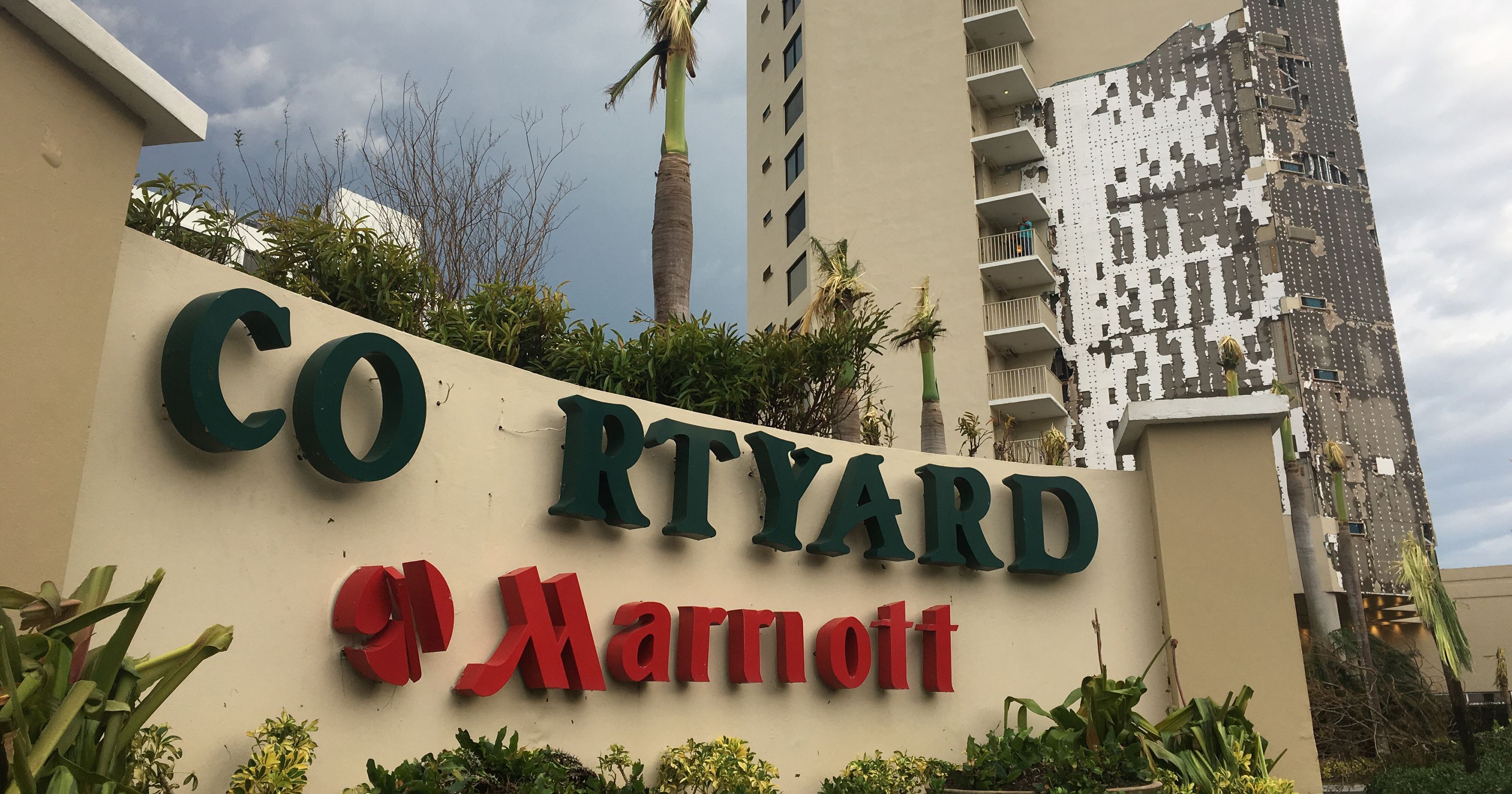BUENOS AIRES — The numbers are sobering.
When Hurricanes Irma and Maria battered the Caribbean last fall, the region lost nearly one million visitors and an estimated $900 million in tourism-related spending.
But as bad as those figures appear, the worst is yet to come.
As hotels, restaurants, resorts and island infrastructures are restored, the Caribbean could see losses totaling more than $3 billion during the next four years until visitor rates climb back to 2016 levels, according to research presented at the World Travel and Tourism Council (WTTC) conference in Buenos Aires, Argentina. The economic analysis is one of the most complete since the storms devastated many of the islands.
“This is based on the assumption that there are no serious impacts from other natural disasters, or other disasters in 2018, 2019, and beyond,” said Rochelle Turner, director of research for the British-based WTTC.
Additional catastrophic storms or another health scare such as Zika would add years to recovery efforts. The 2018 Atlantic hurricane season begins June 1, and the forecast from Colorado State University calls for the number of named storms and hurricanes to be slightly above historical averages, but less than last year.
“The sea surface temperatures have been continuing the multi-decade warming trend, with five of the warmest years occurring since 2010,” Turner said.
Tourism is the lifeblood of the Caribbean. More than 47 million international visitors travelled to the Caribbean in 2016, spending $31 billion, according to an Oxford Economics study. It is the most tourism-dependent region in the world.
Vexed by media coverage of the hurricanes, the Caribbean Tourism Organization (CTO), a multi-island consortium, announced it would establish an annual $20 million marketing fund to help rebuild the region’s reputation.
“Media coverage depicting those islands which were severely impacted led to a public perception of a region, a total region, in total devastation,” said CTO chair Joy Jibrilu, “when in fact the majority, two thirds of the islands were not affected at all. We saw indiscriminate media coverage contributing to a dampened demand by perpetuating the misconception that what affects one islands affects all.”
Jibrilu aimed her criticisms at news outlets, but unfamiliarity with Caribbean geography among US vacationers could be the true root of the problem. Studies have repeatedly shown that adults, teens and children fail miserably when asked to place continents, countries or even US states on maps.
If Americans are unable to find European countries on a map, it stands to reason that they would have trouble differentiating between dozens of Caribbean islands on a map. How many could even point out the major island groups of the Greater Antilles, the Lesser Antilles and the Lucayan Archipelago (without Googling first)?
Even hard-hit islands such as Dutch St. Maarten and the British Virgin Islands have started luring tourists back. Most beaches are open and hotels are starting to reopen. There are currently 552 total hotel rooms available for booking in the British Virgin Islands, which is about 16 per cent of the island’s inventory. U.S. Virgin Islands Commissioner of Tourism, Beverly Nicholson-Doty has been traveling to cities around the country to drum up tourism to the island. It will be crucial for these islands to draw tourists for the 2018-19 season.
“Our beaches and attractions have reopened, cruise lines and airlines have returned and a wide variety of accommodations are available even as our rebuilding and resiliency work continues,” Nicholson-Doty said in a statement.
Some islands even benefited from Irma and Maria. Arrivals were up in the Cayman Islands, St. Lucia and St. Vincent as travellers and cruise ships sought out alternatives to those islands that were hit hardest by the storms.
The positive outcome, if there is any positive to be found, is that travellers will see new, better-constructed resorts when they return to the region.-
“The rebuild and refurbishments that are taking place will produce a better tourism product,” said Frank Comito, Chief Executive Officer (CEO) of the Caribbean Hotel and Tourism Association. “That’s what’s encouraging. When people are back, they’ll notice a big improvement. We’ve been weather-battered, but not weather-beaten.”
(BOSTON GLOBE)

